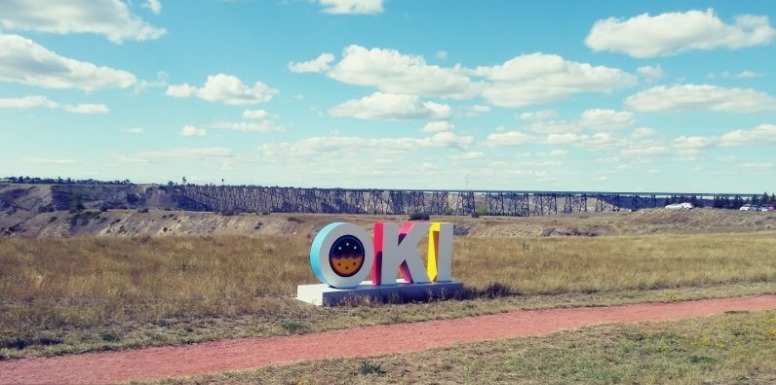

Lucy Resources Consulting
I am a Published Author!
Grab a Copy and Enjoy Discovering More about my Travels to Over 75 countries around the World!

Travelling Tuesdays - What is the Back Story?
After attending an Entre event in the spring of 2018, I started writing a weekly blog about the places I had visited around the world. At that event I was asked by Dan Martin, ‘Lucy, how many countries have you visited?’ I replied probably about 100.
That night I started to make an alphabetical list and came up with 76! Oops I was mistaken so I added special places or cities starting with letters that didn’t have enough countries to enable me to do more than three rounds of the alphabet.
I had never been to Yemen or Yugoslavia so I had no Y’s to talk about. I started with Yellowstone National Park in the USA and shared my trip to the Yukon Territory in Canada for the second round of my stories.
There is no country that starts with an X so I started with Xi’an, a city in China.
So that’s how it all started and for a year and a half I wrote a weekly blog telling of my travels.
In April of 2019 Jordan Mederech, the founder of DropFunnels, connected with Dora Atlantis and she liked my Travelling Tuesdays Stories and decided they could be turned into a book. So I sent her three rounds of my blog stories and together with her design team came up with the idea of sorting my stories into Continents.
All my blogs had to be edited and revised to fit the format of this book.
I am now a published author!
When asked by a friend in a previous post to tell more, this is what I posted.
These are stories from my travels to over 80 countries all over the world. I wrote about my adventures. Many of the pictures are mine but I visited many places before digital cameras so my publisher's design team provided many of them too. My book started out as a Travelling Tuesdays blog post. I wrote one blog each week for 3+ rounds of the alphabet and then decided to turn my stories into a book.
You will have to read my stories to find out the answers to these questions.
Where did I go on an air balloon ride?
Where have I played handbells?
Where and when did I get my ears pierced?
What UNESCO World Heritage sites has Lucy seen in person?
Complete the form above to subscribe and you can place an order. 